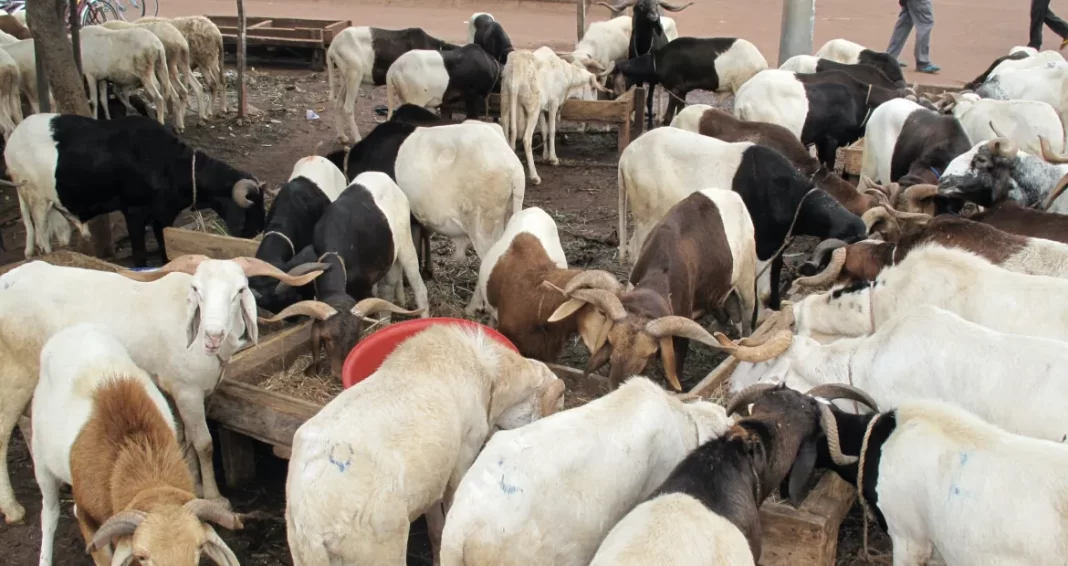In some areas within the Upper East Region, farmers are refusing to oblige to the terms of reference for the Rearing for Food and Jobs (RFJ) programme.
Rearing for Food and Jobs (RFJ) is one of the modules of the government’s flagship agricultural programme christened Planting for Food and Jobs (PFJ). The RFJ is a five-year programme running from 2019 to 2023.
The objective of the RFJ is to develop a competitive and more efficient livestock industry that increases domestic production, reduces importation of livestock products and contributes to employment generation and to the improvement of livelihoods of livestock value chain actors and the national economy. This module was officially launched by H. E. President Nana Addo Dankwa Akufo Addo at Wa in the Upper West Region on June 25th, 2019.
It is also aimed at addressing issues associated with livestock development in the country including, but not limited to; poor genetic quality of breeds used by farmers, poor nutrition and inadequate water resources for livestock, animal health, poor and inadequate livestock housing structures/equipment, inadequate agricultural extension service and developing and promoting the livestock value chain.
It was expected that some initial farmers were going to be given sheep and goats. The animals were to be reared and then when their offspring grew, they were to be collected and redistributed to other farmers.
According to the Upper East Regional Director of Food and Agriculture, Francis Ennor, the collection of the animals has become increasingly difficult because of the extremely political turn the programme took.
“In some areas, the farmers are refusing to give the animals to the other farmers. It was part of the arrangements but it is just greed. In some areas, the way the animals were distributed; the assemblyman and politics [politicians] also came in. Some [farmers] had it and are not prepared to give the animals to their other colleagues.”
“We have a lot of farmers but as soon as you go to collect the offspring, they would be calling among themselves and they would be saying [to themselves], don’t give [the animals out]. That is what they have been doing to us.”
As part of strategies to recover the animals, Mr Ennor said, “we have consulted the District Assemblies to help us retrieve these things for the people. Sometimes, they tell us to come for it. When we go, they say the animals are on the field. They have been dillydallying with us but we have reported to the Assembly to help us.”
“In some districts, some [of the animals] have been collected and given to other farmers,” he said.
Mr. Ennor made these comments when he spoke on A1 Radio’s Day Break Upper East Show yesterday, August 29, 2022.
Source: A1radioonline.com|101.1MHz|Mark Kwasi Ahumah Smith|Ghana


